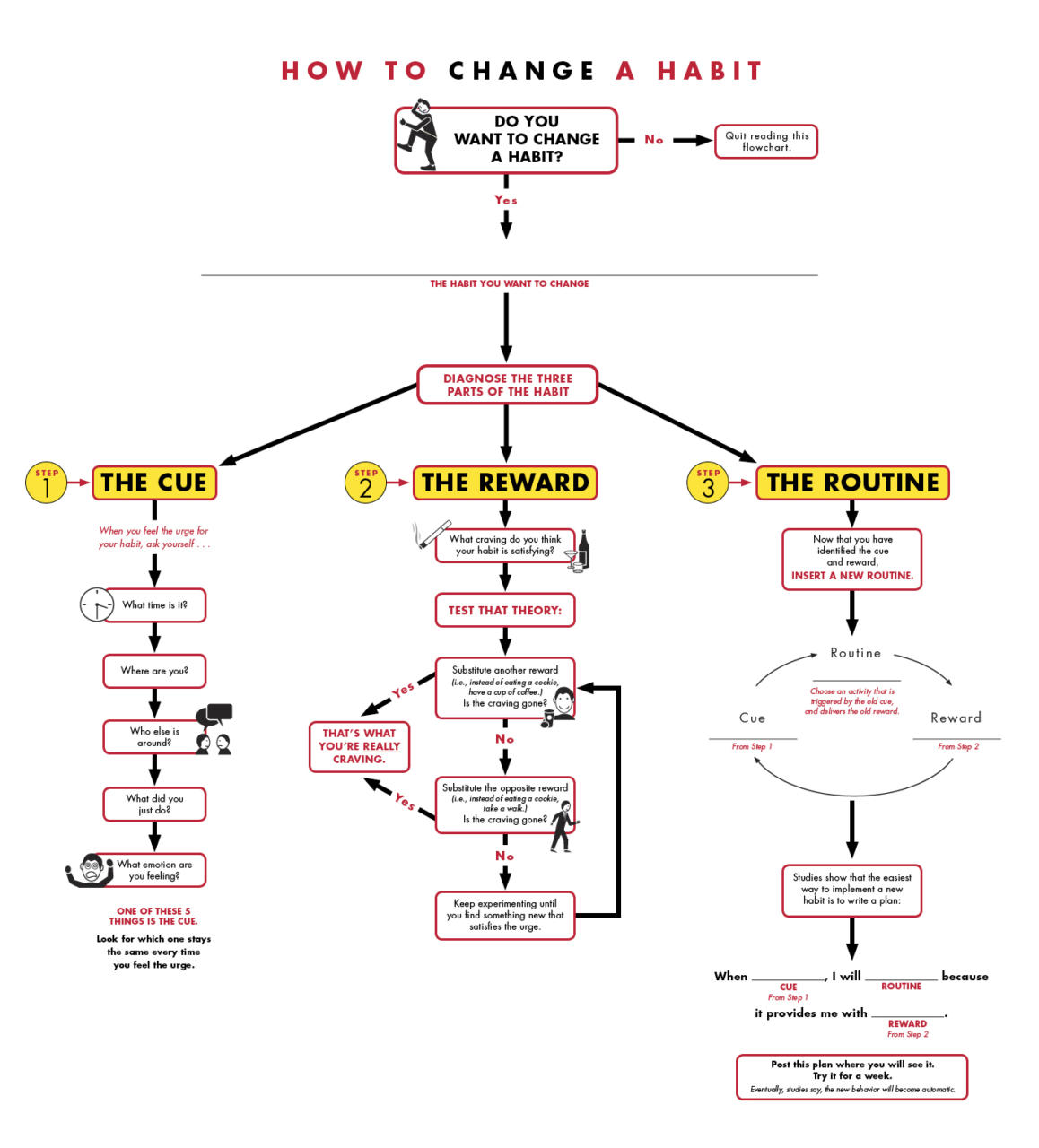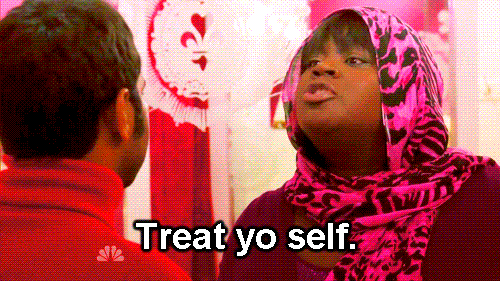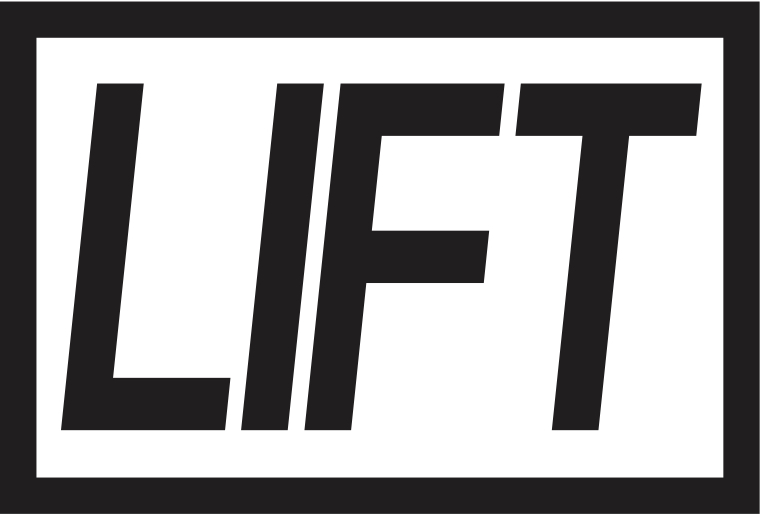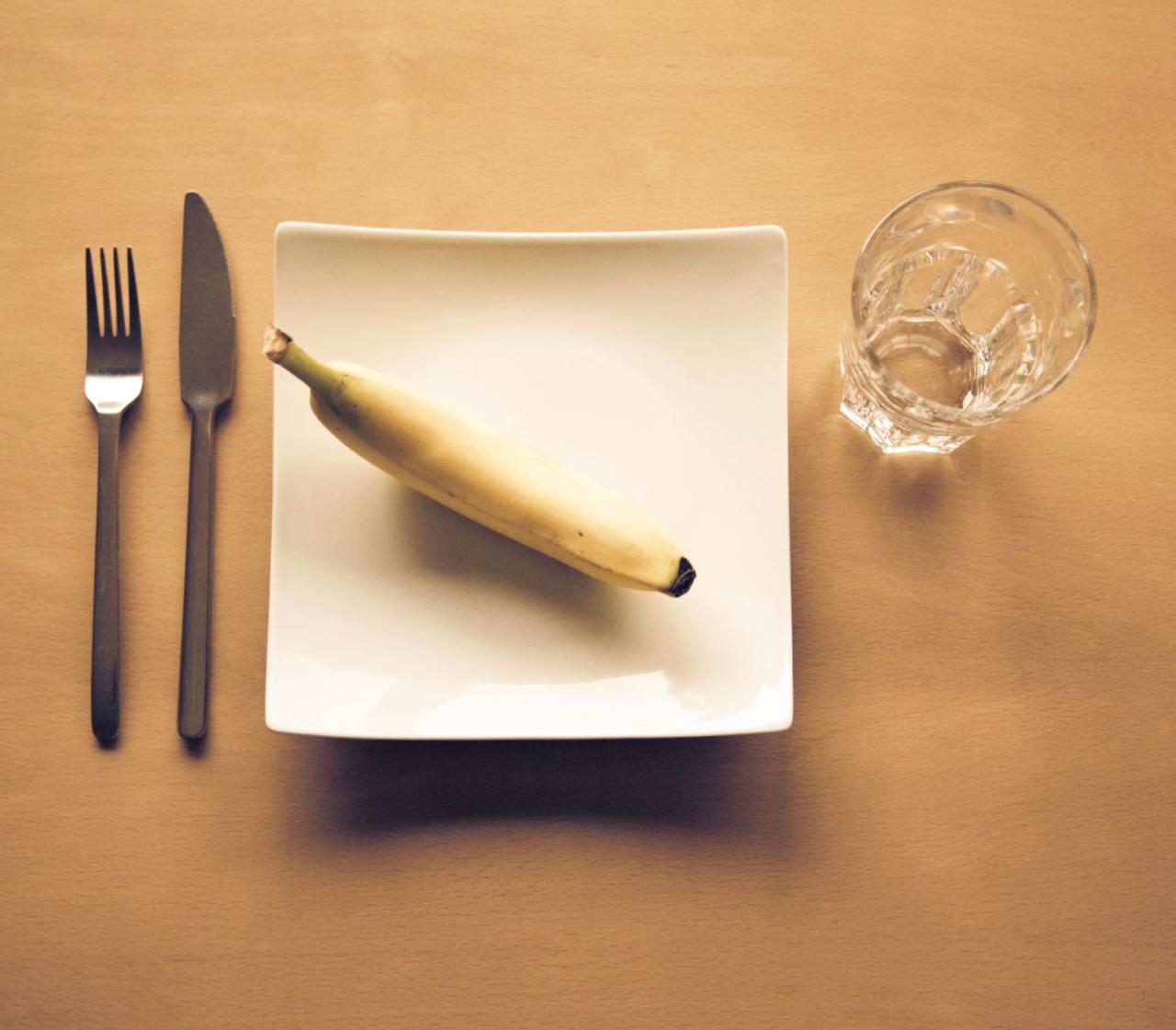WHAT IS A DIET?
All advertised diets have one thing in common: a caloric deficit. Whether it’s a “low carb” diet, a “two shakes a day diet”, or any other recent online diet. A caloric deficit can be accomplished by reducing the amount of calories you’re taking IN via nutrition, or increasing the amount of energy you’re expanding OUT through exercise, or both. So if you decide to go into a 500 calorie deficit through nutrition then that would hypothetically be a 3500 calorie reduction in a week which would be about a pound a week of fat loss. Hypothetically, of course. Other factors come into play but we’ll leave that for another post. Any diet will put you into some sort of caloric deficit like the example above. The problem is how they do it and how extreme the deficit is.
At what cost, Kelly !?
This is how the story usually goes for most people:
You decide to try this new diet because you saw it on the internet or your good pal told you about it. You feel sluggish and like a piece of poo, but you’re losing weight so nothing to worry about. Everything is currently awesome! Fast-forward 4 weeks later, and you lost more weight. Still Awesome! But now the diet is “over” or you realize that you can’t sustain this way of eating because you’re eating too little carbs or not enough food. Now what? If you’re like most people, you go back to eating like you did before or you eat more than before because you’ve been so deprived of quality food. This vicious cycle tends to repeat itself for far too many people, unfortunately.

EATING HABITS: THE WHYS
Diets are a short term solution. A band-aid solution, if you will. They give you simple instructions to follow but don’t get down to the root cause of why you eat the way you do. They don’t ask you to figure out your relationship with food. Diets don’t teach you what proper nutrition is and actually make your relationship with food worse. They don’t challenge you to ask the more important questions such as: Why do I eat what I eat ? Why do I treat food as a reward? Why do I resort to food when I stress out? Why do I overindulge every time I eat?
Ask yourself why you do the things you do and figure out what you can do to slowly change them. Maybe you were always rewarded with food growing up so you still do that now. Maybe your family didn’t have much money growing up so you never really ate out so now you feel like you deserve to. I suggest a note pad and maybe some tissues when doing this as it may get personal. And now It’s time to figure out how you’re going to change these habits.
I would recommend using this life changing flow chart below from Charles Duhigg which thoroughly goes over how you can approach and change your habits. I would also recommend his book, The Power of Habit: Why we do what we do in Life and Business, as it is mind blowing!

Sometimes it just takes a little preparation and planning. For example, if you find yourself overindulging at dinner because you missed lunch then make time to prepare your food on the weekend or the night before. You can food prep while you listen to an audio book, your favourite podcast, or while you’re watching your favourite show. Eating a lunch will reduce the hunger pains you feel when you get home. Tight on time? Make yourself a nutritious shake and have it for lunch. Or you can even get a meal prep service. All these alternatives are far better than going for long periods of time without eating and then consuming everything in sight.
ALL IN MODERATION: 80/ 20 RULE
A common problem with people and their nutrition is that they try to become too rigid with the way they eat. As in they try to eat too “clean and healthy”. I feel like that phrase got distorted and made people believe that they have to eat chicken, broccoli, and rice for every meal. Trust me, you don’t. Eating clean and healthy for me means eating and enjoying your favourite desserts or meals, in moderation, without guilt tripping yourself about it. Having a piece of cheese cake or a beer here and there won’t ruin you if you’re looking to drop a couple of pounds. Having multiple cheese cakes and beers everyday of the week is a totally different story, though.
And that’s where the 80/20 rule comes in. If you’re looking to lose a couple of pounds then you should be fine if 80% of your calories are coming from nutrient dense meals and 20% are coming from your favourite desserts and/or meals. People with a rigid eating regimen tend to get bored and tired of the same food so they give in and usually go on a food binge. Better to treat yourself here and there to keep you on track instead of being too rigid and giving up. Depending on your goals, you can alter the ratio to 85/15 or 90/10. No one wants to eat chicken breast, broccoli, and rice everyday. So yes, it’s definitely ok to treat yo self!


